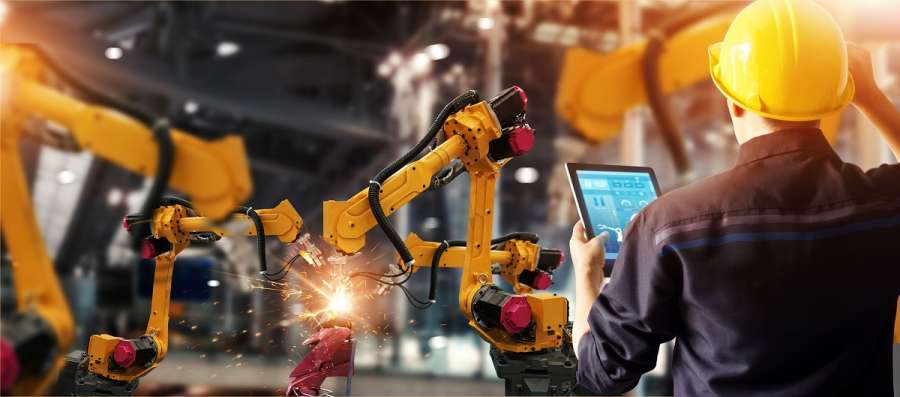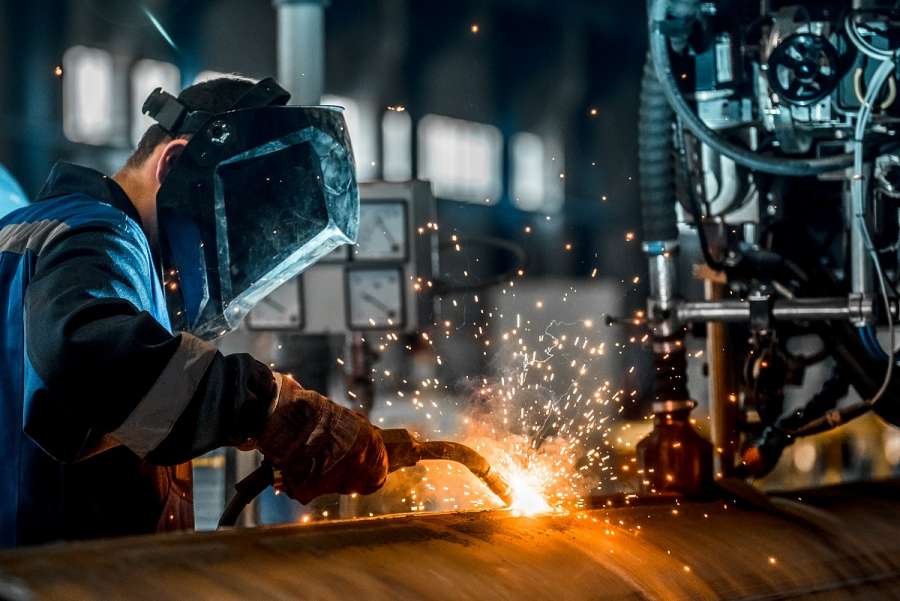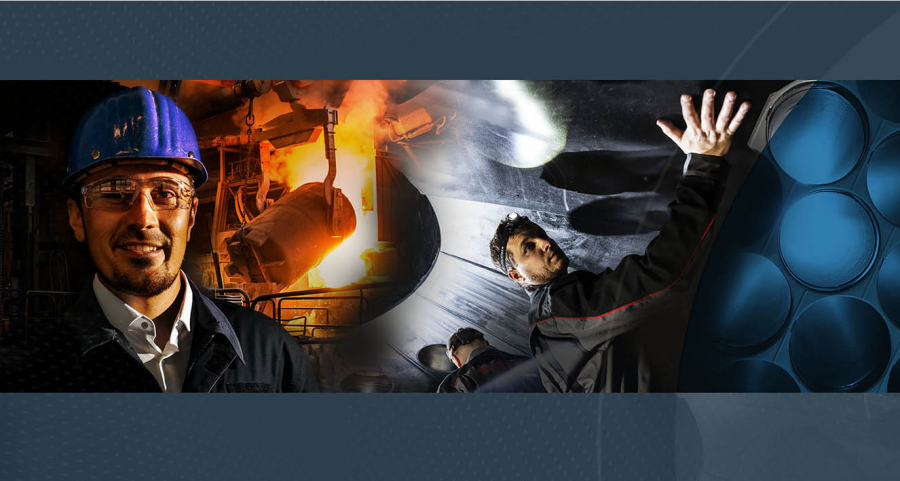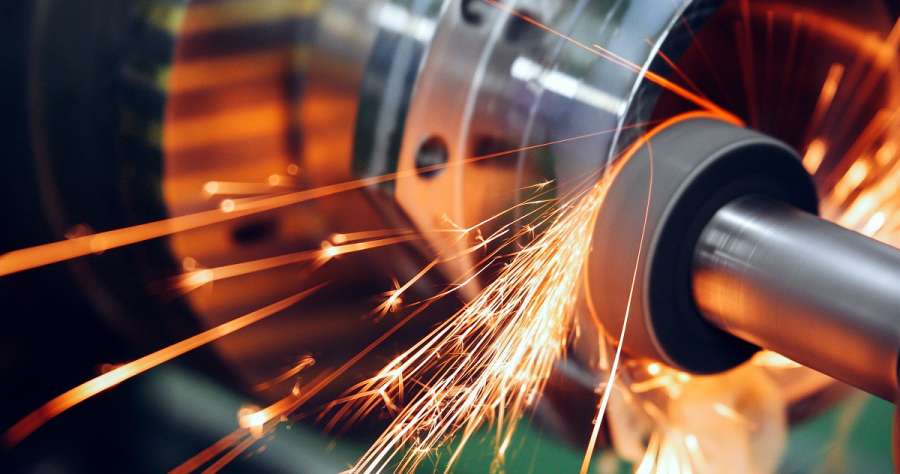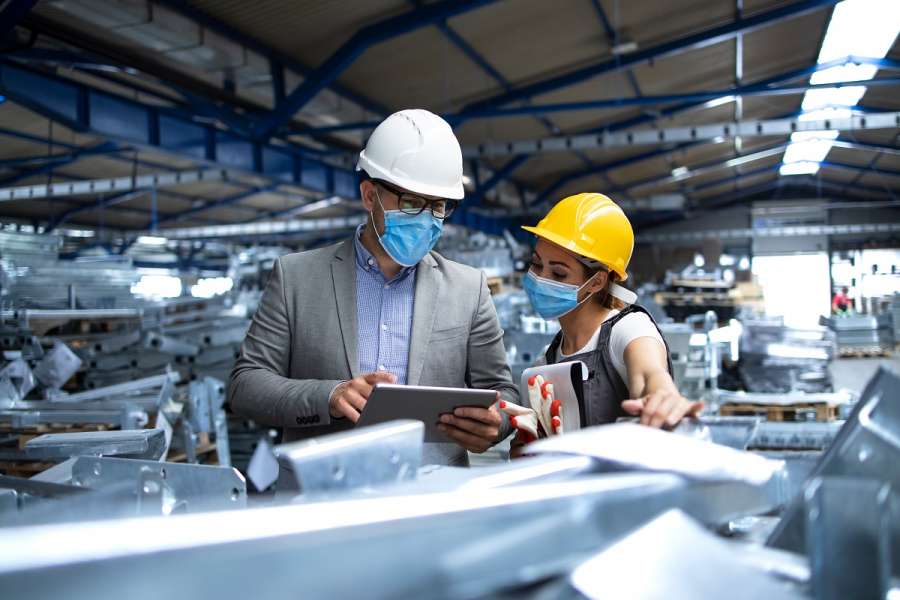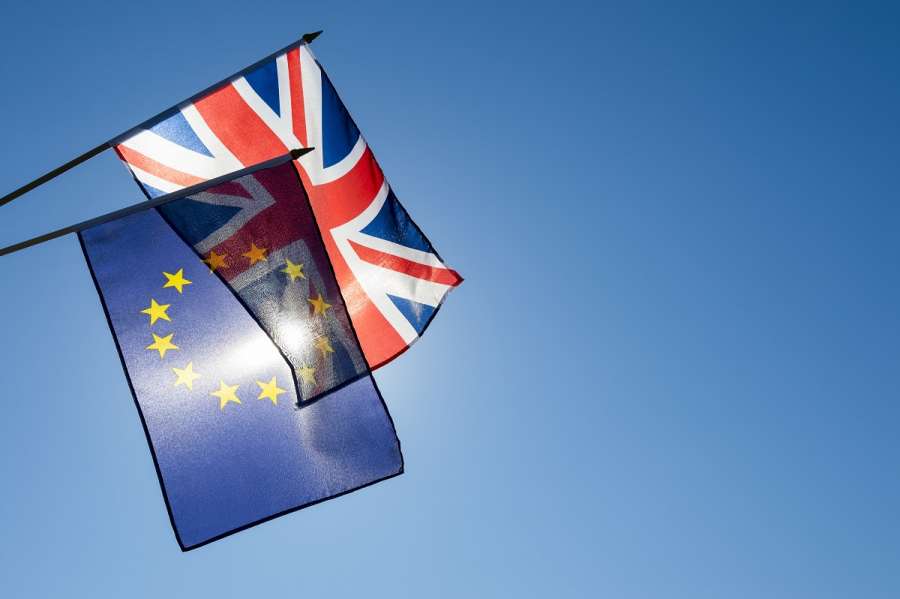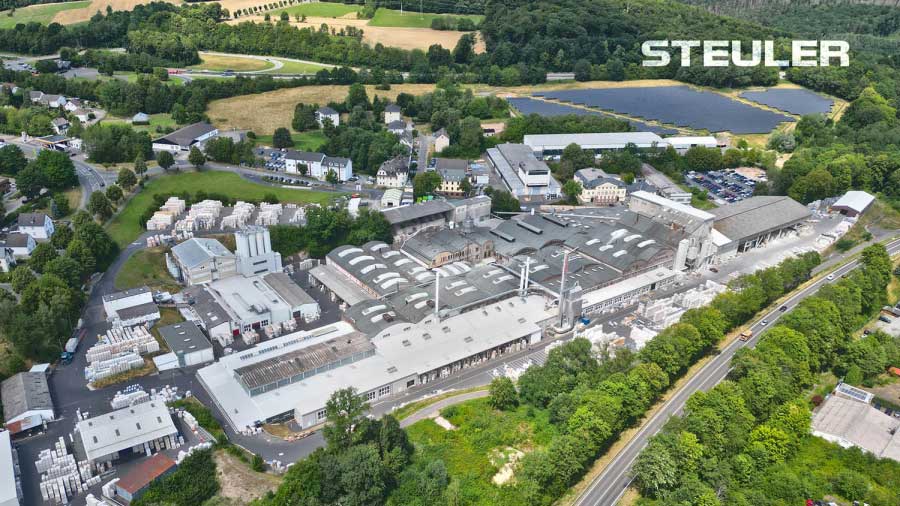The modern manufacturing landscape is rapidly transforming, influenced by many factors ranging from technological advancements and the ever-evolving socio-political climate, to an increasing emphasis on sustainable practices.
With the European Union (EU) being at the forefront of many of these changes, EU-based manufacturers are adapting, innovating, and looking towards a future of sustainable and efficient production.
Today, we delve into these issues in an enlightening Q&A session with a key industry player: The Steuler Group, a multi-national corporation at the vanguard of manufacturing innovation.
Through this discussion with Jörg Borkowsky, Head of Corporate Development at Steuler Group, we aim to shed light on how technology, global events, and sustainability initiatives are shaping the manufacturing sector, and understand the approaches leading companies like Steuler are adopting to navigate this ever-changing terrain.


